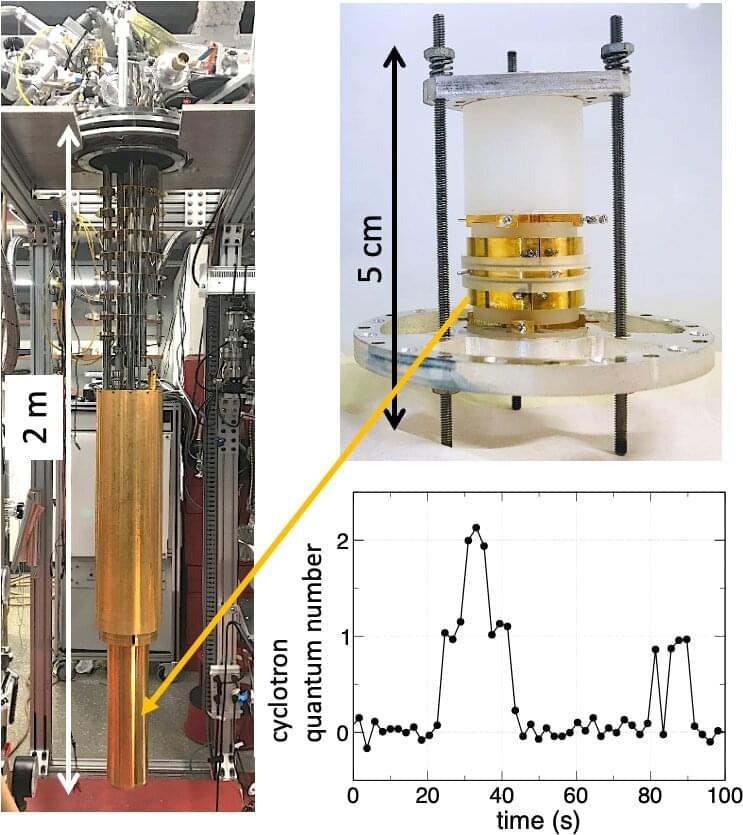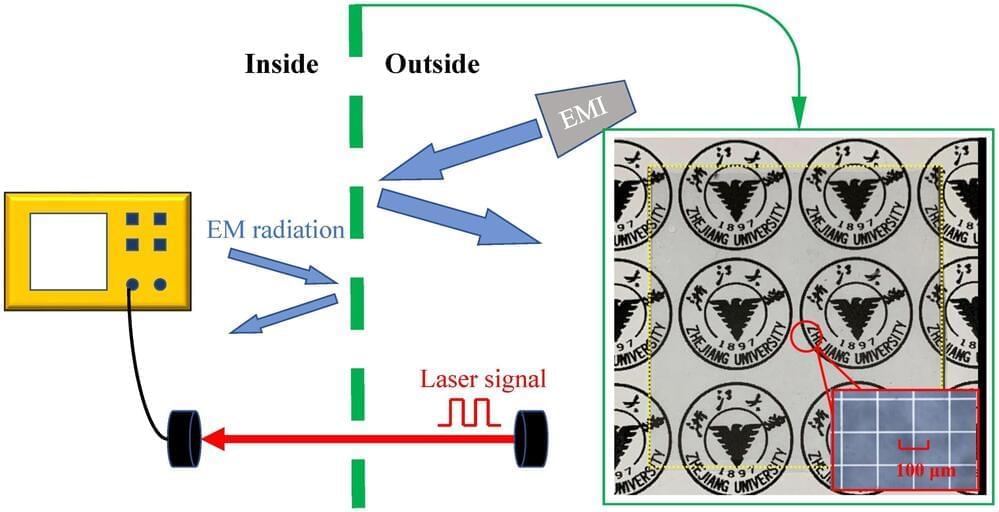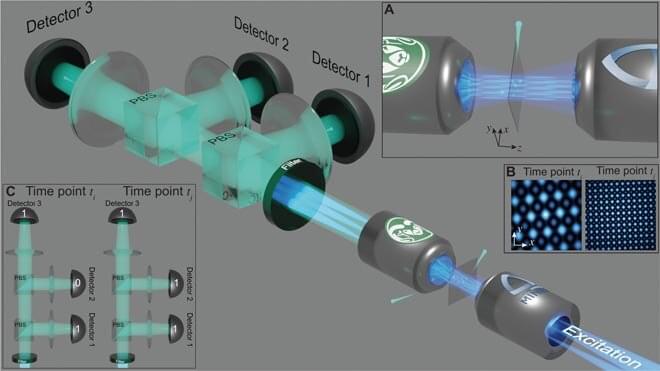Approximately 85% of the mass of our galaxy is comprised by dark matter, matter that does not emit, absorb or reflect light and thus cannot be directly observed. While several studies have hinted at or theorized about its composition, it remains one of the greatest unresolved physics problems.
Physicists all over the world have been conducting dark matter searches or trying to come up with new methods to directly observe different dark matter candidates. One hypothetical form of dark matter that has so far eluded detection is dark-photon dark matter.
An intriguing possibility is that dark matter is comprised of dark photons, which resemble photons (i.e., the particles that make up visible light), but interact with charges with feeble strength. These dark photons could theoretically have masses in the milli-electrovolt range, approximately a million times lighter than those of electrons and thus notoriously difficult to detect.








